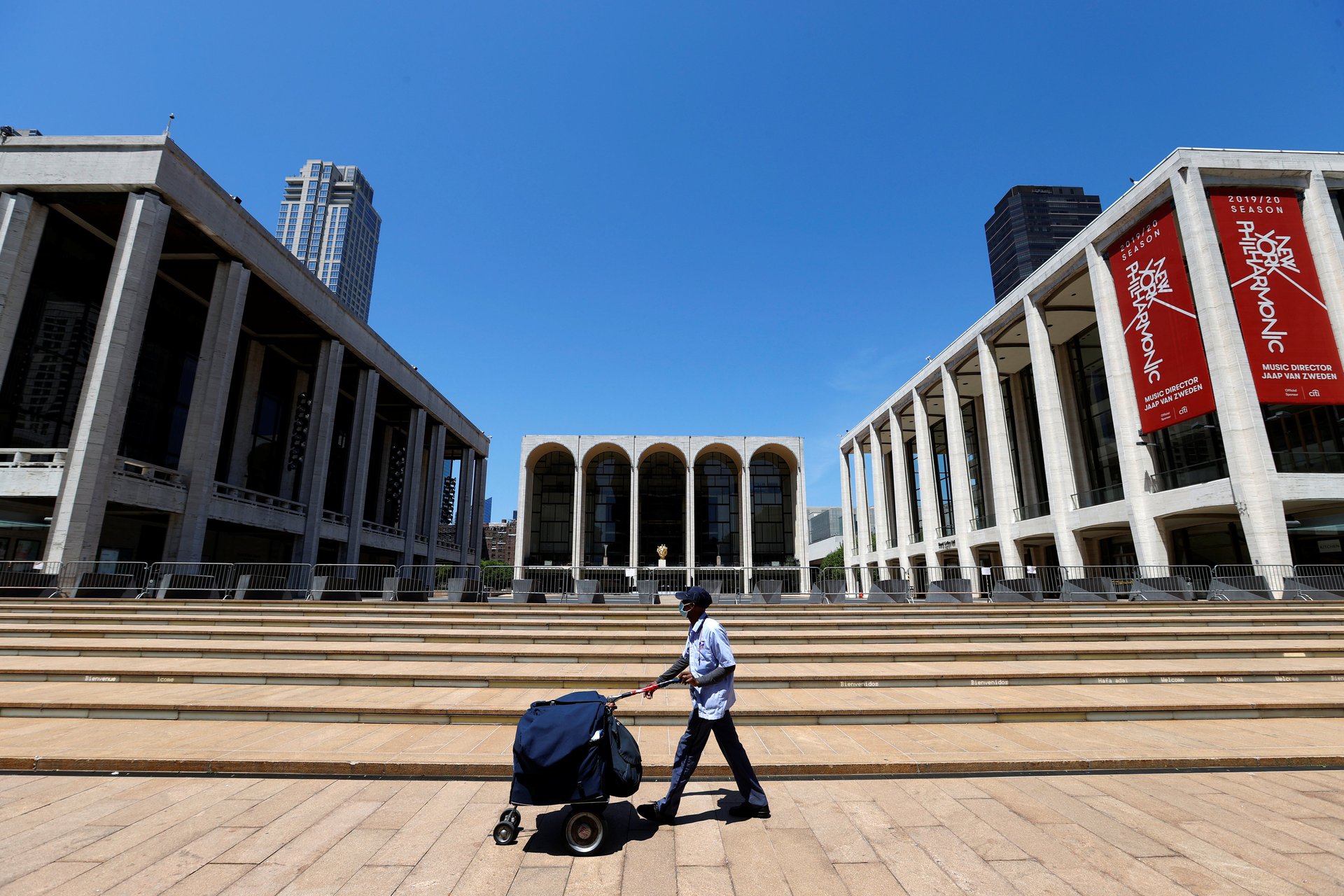Cuts to the US Postal Service will hurt Black people the most
Unlike many fields, including law, medicine, technology, fashion, and media, Black Americans have had good opportunities at the United States Postal Service, including in senior management roles.


Unlike many fields, including law, medicine, technology, fashion, and media, Black Americans have had good opportunities at the United States Postal Service, including in senior management roles.
But the service, a federal government agency in the US, has serious financial problems, and has undergone policy changes that have affected its reliability. These issues are likely to hurt all of its workers, and since this is one of the few industries where Black people appear to get a fair shake, they will be disproportionately affected.
Today, the USPS announced its quarterly revenue had risen by $547 million to $17.6 billion. While the volume of first-class mail declined by more than 8%, revenue from shipping and packages skyrocketed by $2.9 billion, an increase of more than 53%. This helped reduce the agency’s quarterly net loss to $2.2 billion compared to $2.3 billion in the same period last year.
Even with this reduction in losses, Postmaster General Louis DeJoy said “dramatic changes” were necessary to prevent an impending liquidity crisis, and said the USPS operated under a “broken business model.” DeJoy, a Trump-supporting businessman appointed to the role in May, has already restricted overtime and extra mail processing trips starting in June in order to cut costs, measures resulting in long delivery backlogs.
The USPS risks of running out of money if Congress does not allocate money in its negotiations over the latest round of emergency coronavirus funding. In May, the House Democrats passed a bill that would grant the government agency $25 billion. However, the Senate Republicans’ counter offer last month did not include any funding for the USPS or state and local governments.
In 2019, more than a quarter of the USPS workforce was African American, according to the Bureau of Labor Statistics. This is double their share of the overall US population. The number of Black postal staff is even greater in the District of Columbia, Delaware, and Maryland, where more than 60% of workers are Black, according to the Pew Research Center. In Chicago, approximately 84% of the city’s postal staff is Black, according to a 1999 government accountability report.
Many positions at the USPS do not require a college degree but still pay well, offer benefits and a federal pension, as well as the opportunity to earn decent overtime. The average annual salary for a postal worker in 2019 was $51,740. By comparison, the median income for a Black American in 2018 was $27,595.
Black workers have already been disproportionately hurt by the coronavirus pandemic. These include greater job losses and unemployment compared to whites, less government aid for Black-owned small businesses, and delayed access to federal assistance funds due to a greater proportion of unbanked Black households.
Last year, left-wing politicians Alexandria Ocasio-Cortez and Bernie Sanders suggested the USPS expand its operations to support postal banking. This isn’t a radical or new idea: public postal banking services exist in countries like Brazil, France, Germany, the United Kingdom, Italy, India, and South Korea. Services like check cashing, bill payment and electronic money orders could generate as much as $1.1 billion in annual revenue. This would also significantly help the millions of Black Americans who don’t have bank accounts and currently rely on expensive alternative financial services.